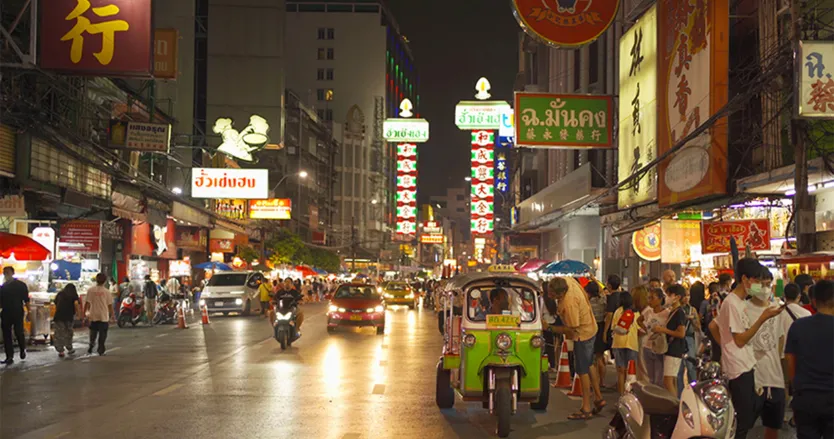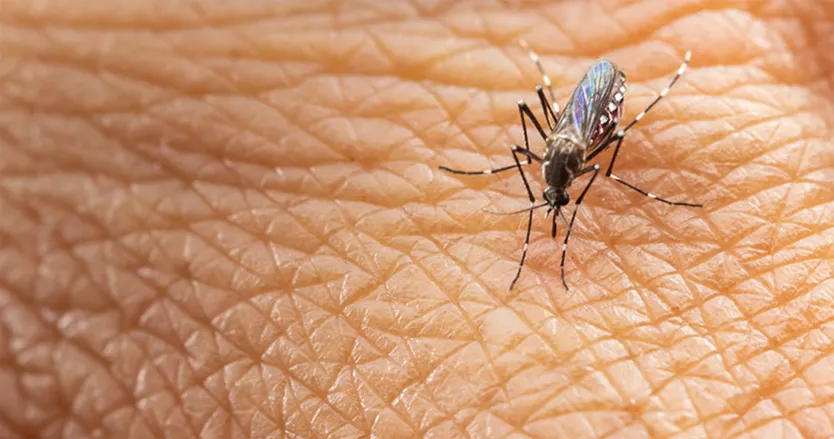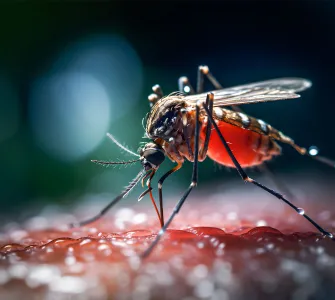Is urbanization helping fuel the dengue fire?


Dengue is passed on by Aedes mosquitoes; some of these species prefer to live in urban/residential areas.1 This could mean increasing dengue rates for more crowded cities in endemic areas.2,3
The Aedes mosquito species that mainly live in urban and rural areas can be different:4
URBAN
 Ae. aegypti |
RURAL
 Ae. albopictus
|
The mosquito's life cycle is divided into four stages, with the initial three stages taking place in water.3 Aedes eggs have adapted to urban areas by becoming more resistant to drying out and higher temperatures. As water supplies are readily available in urban areas, this mosquitoes can have an easy time breeding, residents do not need to store water inside and around the house. So instead, it's possible that the young mosquitoes are using concrete drainage systems as their habitat, as they need clear but not necessarily clean water.1
Breeding sites for Ae. aegypti mosquitoes include containers – there is no shortage of these in an urban setting.4

Stacking the odds in the mosquito’s favour
As mosquitoes adapt to urban areas, together with the increasing trend toward urbanisation, the number of dengue cases has grown.2,5 Unfortunately, it doesn’t stop there; the heat trapped by buildings increases the temperature in urban areas, which can in turn increase the numbers of mosquitoes. This, alongside the fact that people tend to live close together in cities, all contribute to increasing rates of dengue. Unplanned urban areas are particularly a problem, as they are often associated with poor sanitation, overcrowding populations, and deficient infrastructures – all of which favour the spread of Aedes mosquitoes.6
Understanding what’s at stake
Increasing urbanisation of the world is helping expand the threat of dengue.6 More people than ever before need to understand the risk of dengue, and the steps they can take to help protect themselves from this disease and to slow its spread.
References
Wongkoon S, et al. Indian J Med Res. 2013;138(3):347-53.
Do TT, et al. BMC Public Health. 2014;14:1078.
Rodrigues H, et al. Seasonality effects on Dengue. In: Proceedings of the 14th International Conference on Computational and Mathematical Methods in Science and Engineering, CMMSE 2014 3–7 July, 2014. Available at: https://repositorium.sdum.uminho.pt/bitstream/1822/37059/1/seasonality_effects_dengue.pdf. Accessed September 2023.
Polwiang S. BMC Infect Dis. 2020;20(1):208.
Yuan HY, et al. Sci Rep. 2020;10(1):4297.
Kolimenakis A, et al. PLoS Negl Trop Dis. 2021;15(9):e0009631.


























